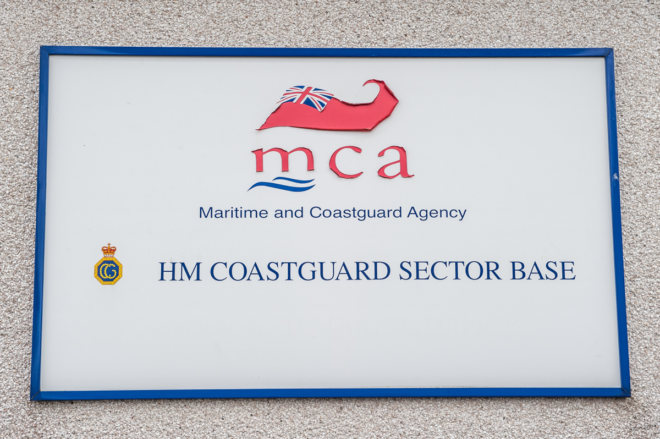Rescue helicopter delayed by storm

The coastguard helicopter was initially unable to reach a sick patient in Yell yesterday because of the force of storm Gertrude.
Coastguard staff struggled for a time to even open the doors to the hangar at the Sumburgh base, as the strength of the storm reached up to 100mph.
However, the crew were unable to fly in those conditions anyway, because of health and safety regulations preventing them from taking off in such harsh conditions. The patient could not be taken by road to hospital because the ferry had been cancelled.
Instead, crew-members liaised with a doctor in Yell who was able to tend to the patient, who had taken ill at around mid-day.
By 5pm, conditions had eased enough for the helicopter to be dispatched. The patient was landed at the Clickimin shortly after five and was transferred to the Gilbert Bain Hospital for treatment.
Shetland Coastguard’s senior maritime operations officer, Kat Hampson, said the Sumburgh-based crew was dispatched after an initial call was sent by the Scottish Ambulance Service to the aircraft rescue crew at Kinloss.
“The helicopter did go and pick a casualty up in Yell. It was too dangerous to put the helicopter up when we got the initial call. When the aircraft crew tried to get the hangar door open, they couldn’t get it open,” she said.
“The initial call came in at mid-day, but because of the conditions it was unsafe to put the helicopter up, because we would have been putting the helicopter in danger. When we get a request we have to do a risk assessment … and it was unsafe to put a helicopter out. The helicopter crew liaised with the doctor, and the doctor sat with the patient.
“The ferry couldn’t leave the pier. The helicopter went just before 5.00. The wind speed had decreased and it was deemed safe to try and put the helicopter out.”




Leslie Lowes
Glad the patient was able to be evacuated safely. What is worrying is that the Scottish Ambulance Service tried to arrange a patient uplift with the RAF at Kinloss, instead of Sumburgh. This is exactly the danger that arises from centralised response centres unfamiliar with Scotland’s geography and with complete lack of appropriate local knowledge that so many of us are concerned about. It’s a concept that might appeal to accountants, but has little support from people living in peripheral and far-flung rural communities. Local activation close to the location makes much more sense.